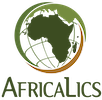Unlocking the Potential of Green Charcoal Innovations to Mitigate Climate Change in Northern Uganda.

- This event has passed.
Unlocking the Potential of Green Charcoal Innovations to Mitigate Climate Change in Northern Uganda.
April 10 @ 4:00 pm - 5:30 pm
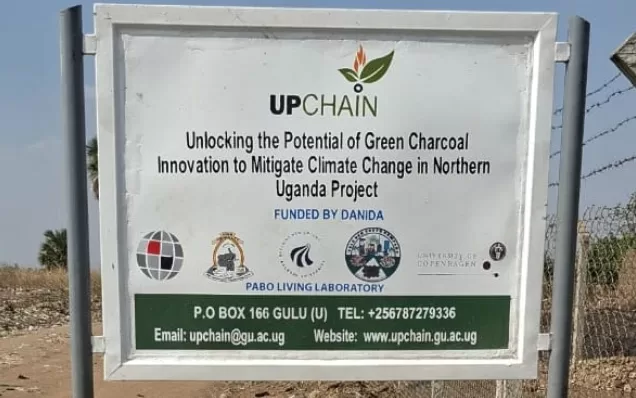
Cooking energy needs of more than half of Africa’s population is currently met by wood fuel in form of firewood and charcoal. This poses health risks, particularly to women and children involved in collecting and using the energy, and the resultant deforestation leads to serious environmental impacts including climate change. Green charcoal briquettes made from agricultural residues is a promising alternative for fuelwood and wood-based charcoal, but its use remains low. The UPCHAIN Project takes up this challenge by focusing on specific aspects of the green charcoal value chain transition based on local production, marketing, unlocking cultural and technical barriers/drivers for the adoption of agricultural residue-based briquett
The guiding research question is: How to develop inclusive innovation models for the adoption of green charcoal that would lead to changes in social practices thereby supporting climate change mitigation and reduce deforestation related to fuel use for cooking in the sub-Saharan region? To fully understand the complexity of the transformation process as a change in practices, we are inspired by the concept of ‘expansive learning’ which emphasises change as a socio-cultural and socio-technical process, driven by the tensions and contradictions in the activity systems of green charcoal production and use. The project experimental sites are located in Gulu City, Pabbo Town Council, and in Refugees Settlements in Adjumani District. The sites were purposively selected to cater for diverse participants including urban, peri-urban and rural lifestyles. The uniqueness of this project is the establishment of the Pabbo Living LAB, under a tripartite collaboration based on the Triple Helix Model.
The keynote will address: i) An overview of the UPCHAIN research case, focusing on changing practices, expansive learning, and participatory approaches and inclusive innovation; ii) Household gender relations in cooking, considering the green charcoal innovation as an alternative to wood fuel in northern Uganda; iii) Green charcoal production from agricultural residues as a sustainable energy resources with inclusive technologies; iv) Comparing livelihood strategies grounded in different green charcoal production models in Uganda; iv) Innovating curriculum in schools as springboards for sustainable green charcoal adoption; and v) A draft inclusive innovation model for green charcoal adoption.
Keywords: Inclusive innovation; Green Charcoal; Living Lab; UPCHAIN
Speakers
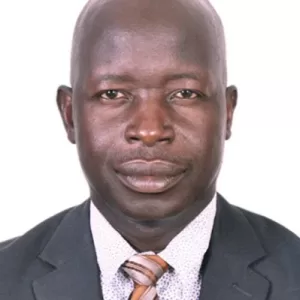
Collins Okello |
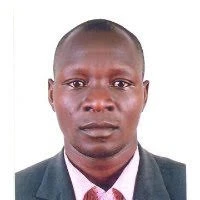
Geoffrey Olok Tabo |
Project team members**[1]
- Agatha Alidri
- Elizabeth Auma Opiyo
- Francis Atube
- Charles Okumu
- John Okumu Bismarck
- Geoffrey Openy
- Arne Remmen
- Iben Jensen
- Hanne O. Mogensen
- Quentin Gausset
- Kevin Aber
- Fredrick Amanyire
- Judith Awacorach
- Christine Aoyo
- Damasco Okettayot
- Hildah Acan
- Lone Dirckinck-Holmfeld
How to register
If you are interested in attending the webinar, please register via this link or get in touch with Ms. Yvonne Gitu at Y.Gitu@acts-net.org for more details.
After registering, you will receive a confirmation email from AfricaLics Zoom account containing information about joining the webinar. Please ensure you add the invitation to your calendar.
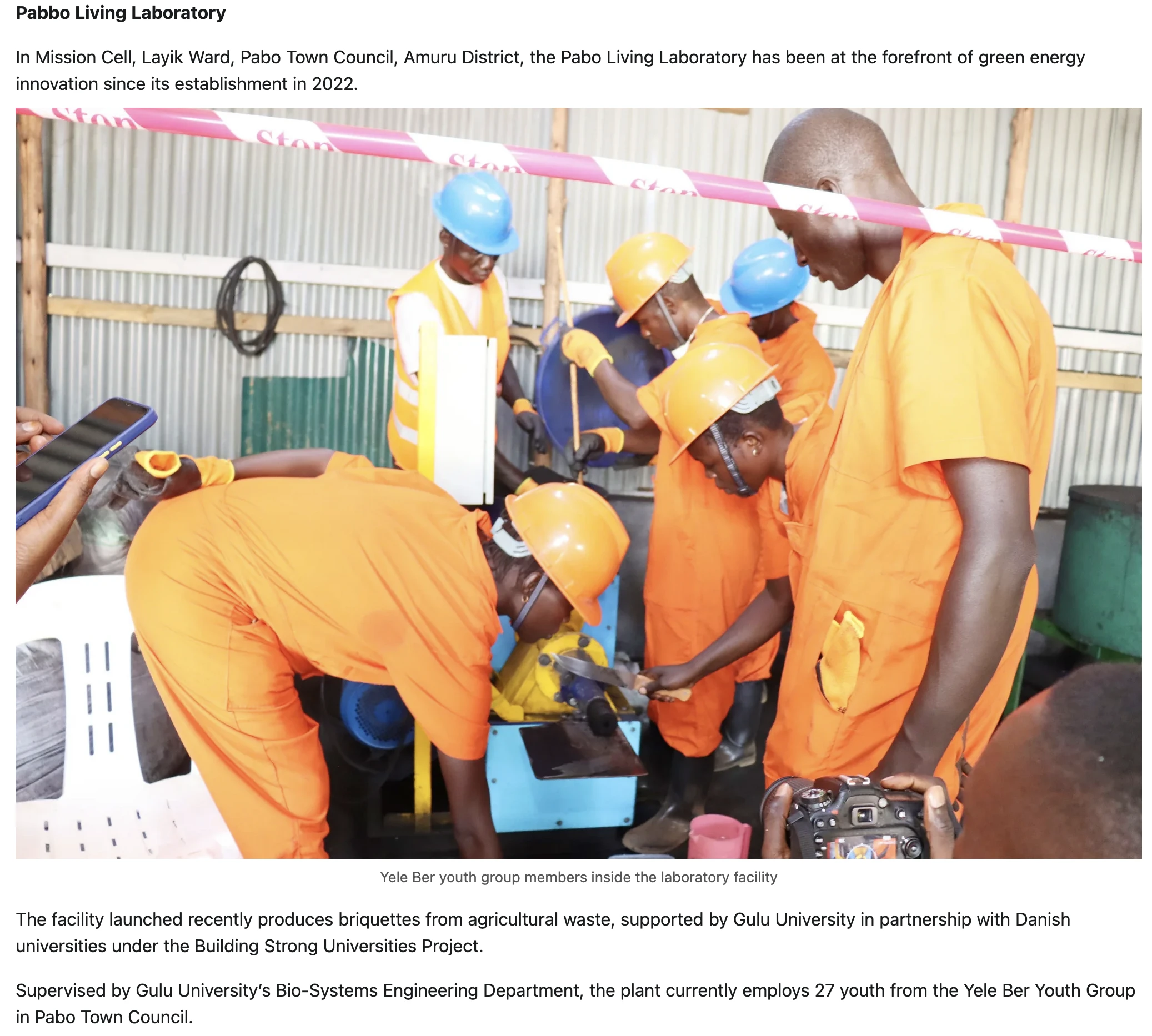
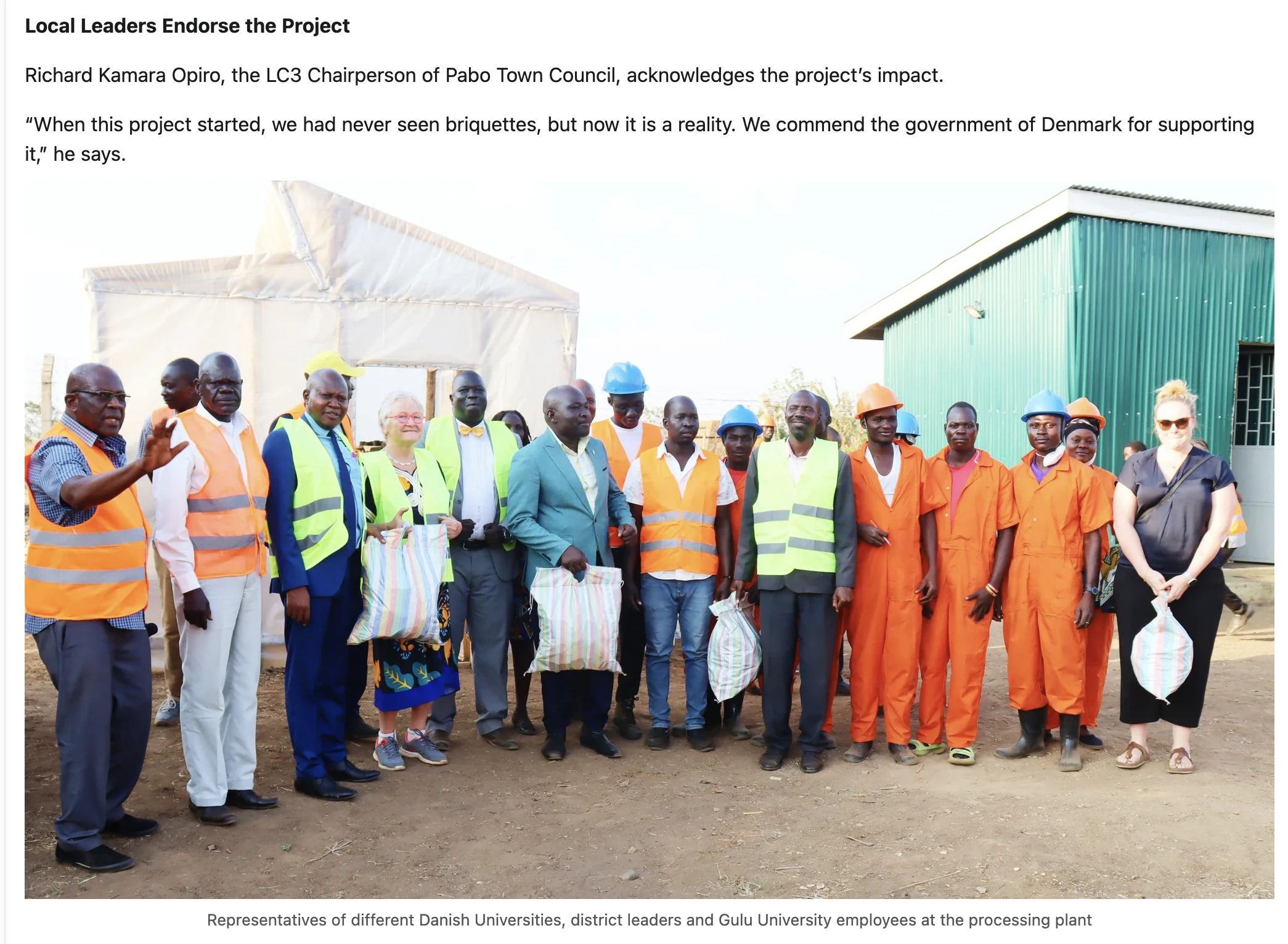
[1] *Gulu University, Uganda, **Aalborg University, Denmark, ***University of Copenhagen
